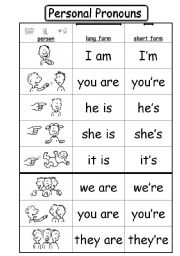NEGATIVE FORM:
In the negative form we need to use the auxiliary did + not (didn’t). remember that when we use the auxiliary we put the verb in the INFINITIVE form. The auxiliary didn’t is used in the negative form with verbs that are not to be. DO NOT USE DIDN’T WITH WAS OR WERE!!!
TABLE # 1
| Subject | Auxiliary (did) + not | Infinitive |
| I You She
He
It
We
They
| Did not (didn’t) | Study Work Play
Go
Eat
Arrive
Live
|
Ejemplos (TABLE # 2):
Positive form
|
Negative form
|
| I went to school | I didn’t go to school |
| She studied all night | She didn’t study all night |
| They ate a lot | They didn’t eat a lot |
| We had lunch | We didn’t have lunch |
Para reforzar lo aprendido en clase, haz click en el siguiente enlace y sigue practicando:





















